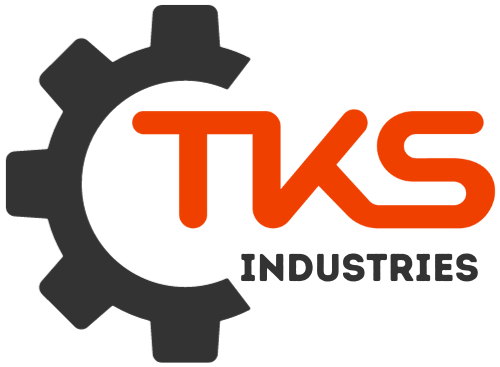[ad_1]
The Ultimate Guide to Used Machinery: Finding, Evaluating, and Purchasing
In a world increasingly focused on sustainability and cost-effectiveness, buying used machinery is an attractive option for businesses of all sizes. It allows for significant savings compared to purchasing new equipment, but it also comes with unique challenges.
This guide will walk you through the process of finding, evaluating, and purchasing used machinery, helping you make an informed decision and avoid costly mistakes.
1. Find Your Ideal Machine:
- Know Your Needs: Before you start searching, clearly define your requirements. What type of machine do you need? What capacity, features, and specifications are essential?
- Online Marketplaces: Websites like eBay, Craigslist, Machinery Pete, and specialized equipment marketplaces offer a vast selection of used machinery.
- Equipment Auctions: Auction sites like Ritchie Bros. and GovDeals regularly host auctions with a wide range of used equipment.
- Local Dealerships: Check with local dealerships for used equipment listings. They may offer financing options and warranties.
- Networking: Talk to fellow business owners, industry contacts, and rental companies. They might have leads on used machinery for sale.
2. Evaluate the Machine:
- Visual Inspection: Scrutinize the machine for any signs of damage, wear, or rust. Check the overall condition of the paint, tires, and moving parts.
- Mechanical Check: If possible, have a qualified mechanic inspect the machine. This includes checking the engine, hydraulics, electrical system, and any other crucial components.
- Documentation: Request the machine’s service history, maintenance records, and any documentation regarding repairs or modifications.
- Test Run: If feasible, perform a test run to assess the machine’s performance and ensure all functions work properly.
3. Negotiate the Price:
- Research Market Value: Compare prices for similar machines online and through dealers to determine a fair market value.
- Be Prepared to Walk Away: Don’t be afraid to walk away from a deal if you feel the price is too high or the condition of the machine is questionable.
- Negotiate Terms: Discuss payment options, delivery arrangements, and warranty coverage.
- Get it in Writing: Ensure all agreements, including the price, payment terms, and any warranties, are clearly documented in a written contract.
4. Secure Financing (If Needed):
- Shop Around for Rates: Explore financing options from banks, credit unions, and specialized equipment lenders. Compare interest rates and loan terms.
- Minimize Debt: Aim to secure financing with favorable terms and avoid taking on excessive debt.
- Understand Repayment Terms: Make sure you understand the repayment schedule and potential penalties for late payments.
5. Transfer of Ownership:
- Complete Title Transfer: Ensure the proper paperwork is filed to legally transfer ownership of the machine.
- Insurance: Update your insurance policy to reflect the new equipment.
- Registration: Register the machine with the relevant authorities if required.
Tips for Success:
- Be Patient: Finding the right used machinery takes time and effort. Don’t rush into a decision.
- Do Your Research: Thoroughly investigate the seller, the machine’s history, and its market value.
- Get a Pre-Purchase Inspection: This essential step can save you from costly surprises down the line.
- Read the Fine Print: Carefully review all contracts and documents before signing.
By following this guide, you can confidently navigate the world of used machinery, identify a suitable machine for your needs, and make a smart investment that saves both time and money.
[ad_2]
